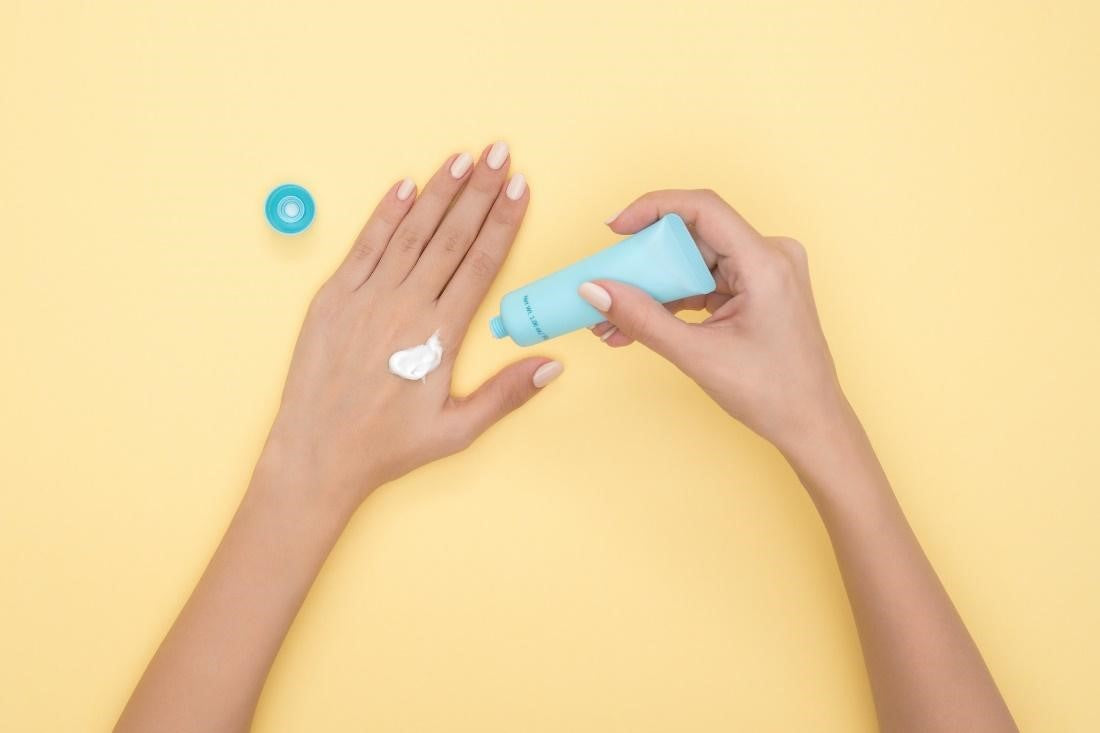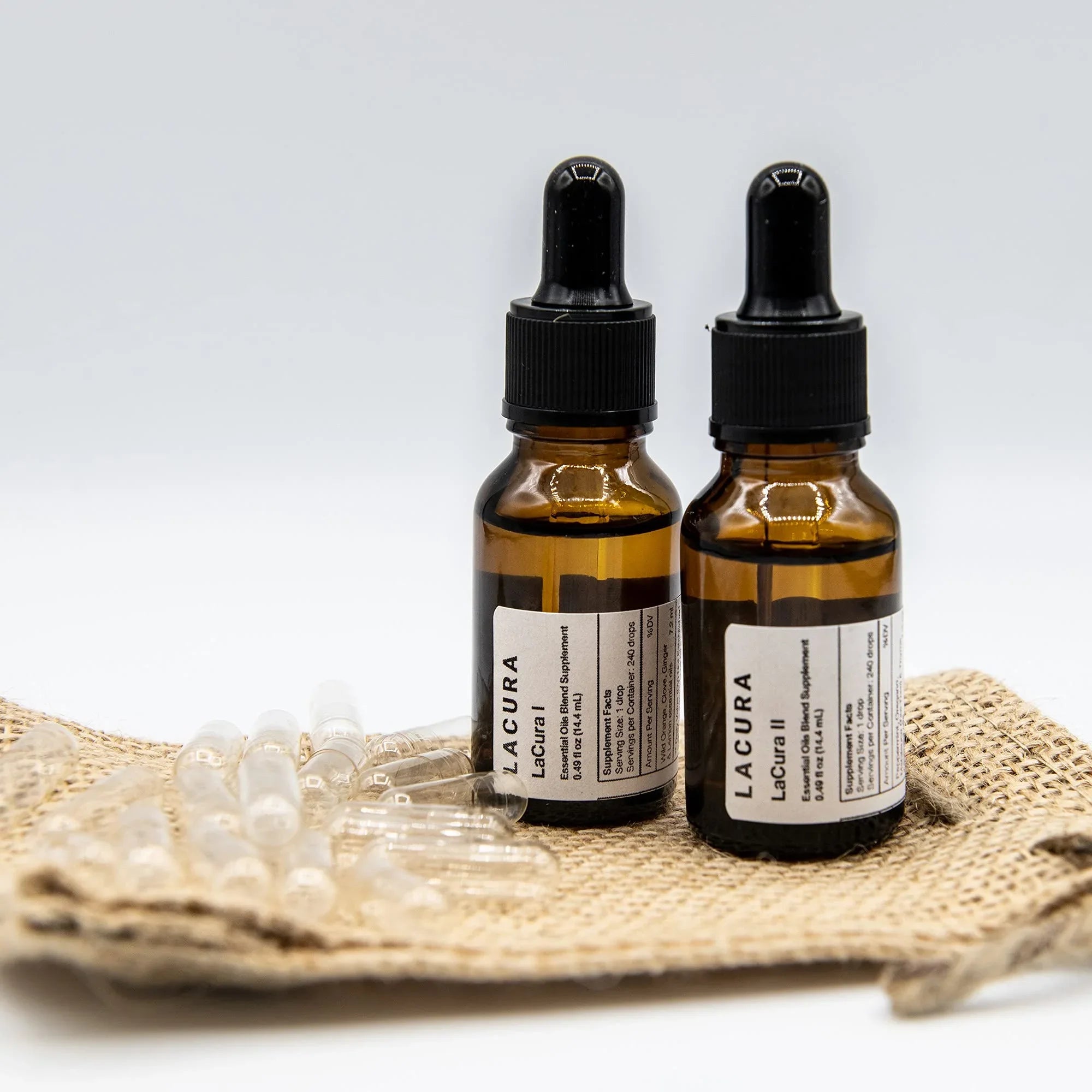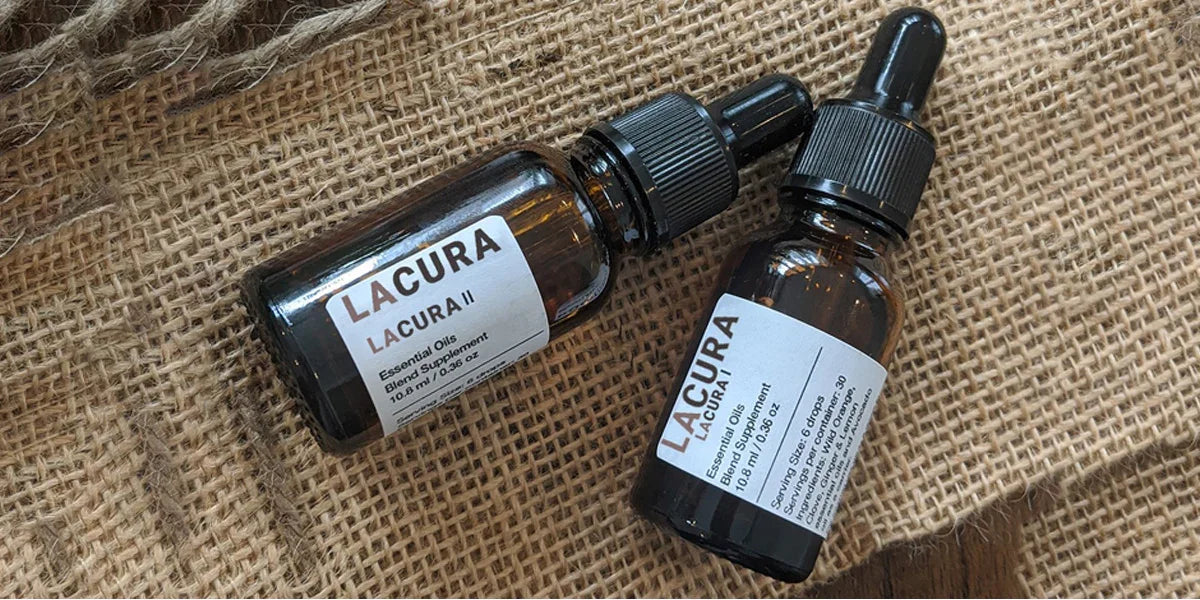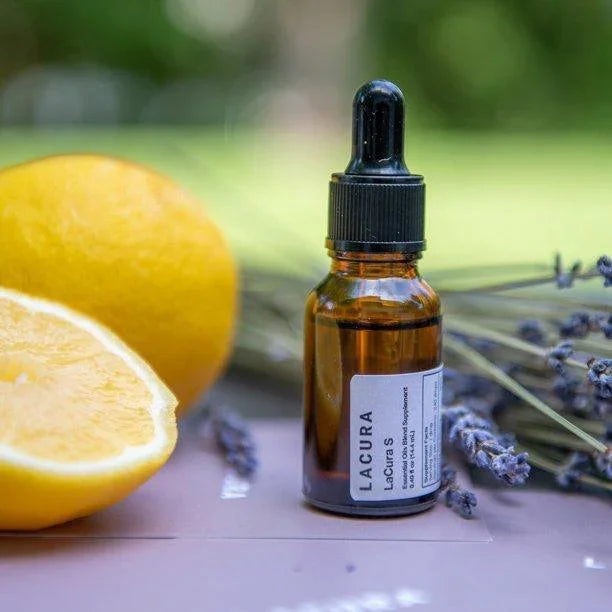It’s no secret that the sun, in moderate doses, provides all sorts of health benefits, including helping our bodies manufacture vitamin D. While we all look to reap those benefits, it is important to protect your skin from the sun to prevent any long-term damage and illness. Summer is here and there are many questions regarding sunscreens. Many people are looking for the best options to cut their risk of sun overexposure. The following takes a closer look at facts and tips on choosing the right sunscreen for you.
Five Quick Facts About Sunscreen
Is there a perfect sunscreen? Will it keep someone from developing skin cancer? Aren’t all sunscreens the same? If it has SPF included, is that enough?
There are so many questions and myths surrounding sunscreen that it can be difficult to tell fact from fiction. Here’s a few quick facts:
- There are two types of sunscreens, chemical and mineral, usually sold in the form of a lotion form or as a spray.
- Mineral sunscreens are designed to reflect, scatter, absorb solar radiation, and are less likely to cause irritation.
- Chemical sunscreens are the most common and protect the skin by absorbing UV light which is released by heat.
- Sunscreen protects, but should also be used in combination with limiting direct contact with sun, wearing protective clothing and UV protective window film on vehicles.
- While sunscreens may say water resistant, no sunscreen is waterproof.

How to Choose the Right Sunscreen
It’s important to note that there is no perfect sunscreen, but you can find some tips on how to choose the right sunscreen for you.
Sunscreen is unique compared to many other personal care products because you coat it thickly onto your skin, often multiple times a day. You don’t get that type of hours-long, skin-absorbing exposure with something like, say, shampoo you quickly wash off. That’s why it’s very important to look for safer sunscreens if you use them and to recognize that you can’t only rely on sunscreens alone to prevent sun overexposure.
Based on the best current science and toxicology data, it is recommended to use sunscreens with the mineral active ingredients zinc oxide and titanium dioxide. They are the only two ingredients the FDA recognized as safe or effective. Looking for those two ingredients when you shop for sunscreen, to eliminate the absorption and inhalation of other toxic ingredients. SPF 15 or higher is the recommended blocking strength. SPF 15 is ideal for daily use while SPF 30 is best for extended outdoor activities such as hiking, swimming and other outdoor sports.

How Much Sunscreen Should You Use?
Truth is, many do not apply sunscreen as often as they should. It’s not solely for going to the beach or laying out to tan. Coming in direct contact with the sun requires sunscreen application. Driving around? Going for a run? Playing outside Any direct exposure with the sun requires sunscreen application.
How to Apply Sunscreen
- Be sure to apply before going outdoors.
- Apply to all areas not covered by clothing.
- Apply a thick layer.
- Dot sunscreen on to the face before rubbing in which will help with even absorption.
- Put sunscreen on first before applying a moisturizer.
- Use it daily!
While it’s common knowledge to apply sunscreen to all exposed skin, here’s a few spots that are easily missed:
- Ears
- Neck
- Back of hands
- Top of feet
- Behind your knees
- Lips
Just how often should you reapply? Research shows sunscreen should be applied before going outside and reapplied within the first full hour of exposure. It is also important to reapply every two hours after intense perspiration, swimming, using a towel, and even with 'water-resistant' sunscreen options.

Protecting Yourself from the Sun
While sunscreen is the main source of protection, there are accessories you can use to protect yourself even further. This includes items you more and likely already have such as sunglasses, sun visor, broad-brimmed hats and long sleeves. Fabric porosity, type, color, weight, and thickness are factors in sun protection as well.
While there are many factors that come into play when deciding the right sunscreen, the most important rule is to actually use it. Stop neglecting and avoiding it. Protect your skin as you would any other part of your body. Sunscreen is not a cure, but it is a preventive measure that will help you in the long run.





